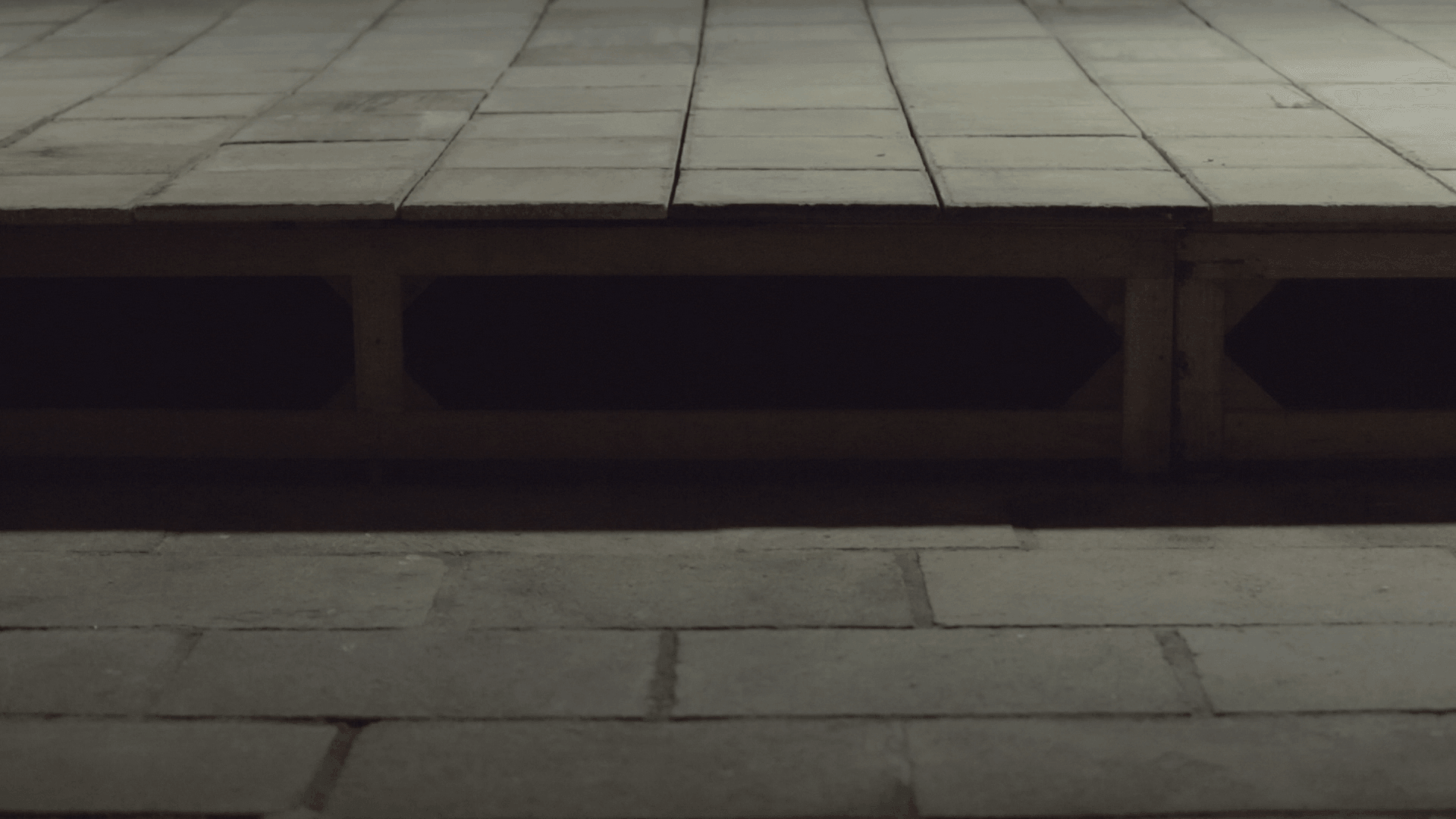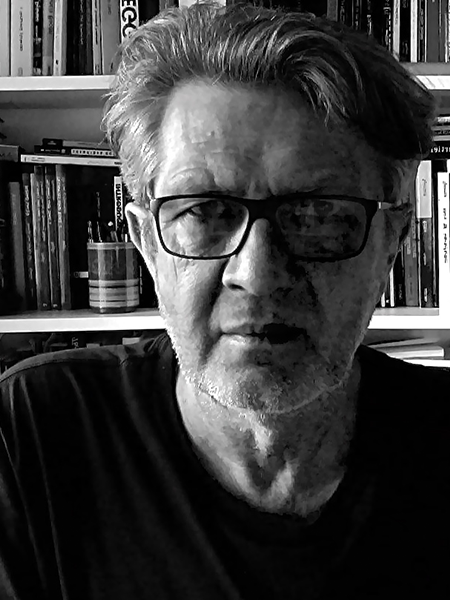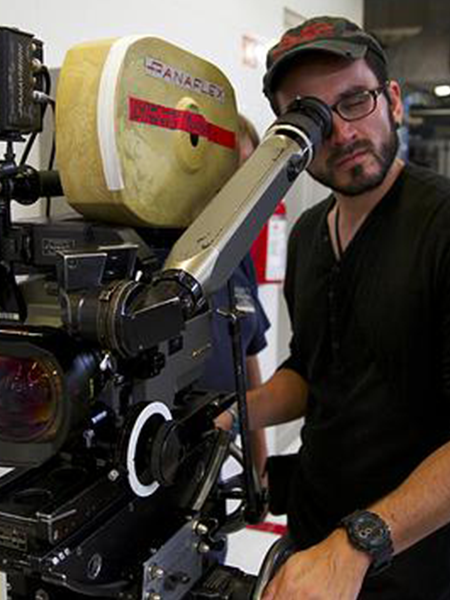about Second illusion
Andrzej Jachimczyk
Andrzej Jachimczyk, Ph.D. is the Catherine Malabou Fellow at the European Graduate School, the Department of Media Philosophy, Saas-Fee, Switzerland, and an Adjunct Professor at the Department of Sociology and Criminal Justice at the University of North Carolina Pembroke.
His search interests lie in the area of the Hegelian concept of plasticity as the process of creation and annihilation – metamorphosis from substance to subject through its capacity to receive and to give form to its own content.
Recently, he has reformulated the concept of plasticity into an exploration of the nature of thinking and the ontology of mind, attempting to approach this problem through the nontraditional, representational perspective of film as philosophy.
He is the author of a book, Reading Hegel After Nietzsche, published by the Atropos Press in March 2013. A short film Artworkers is his first attempt at film essay.
ola maslik
Ola's latest work as a production designer "The Skeleton Twins" directed by Craig Johnson, starring Kristen Wiig, Bill Hader won Waldo Salt Screenwriting Award at the Sundance Film Festival and it's coming to the theaters in October 2014.
Her work was also featured in multiple films during the 2013 Sundance Film Festival. The first, “May in the Summer” Written and directed by Cherien Dabis, premiered in the US Dramatic Competition. The other, “Ass Backwards" directed by Chris Nelson, was selected to play in the Sundance Premieres category.
Previously, Ola's work was featured in Ryan O'Nan's “Brooklyn Brother Beat The Best", which had its premiere in 2012 at the Toronto Film Festival.
Ola has recently wrapped on the Untitled Marc Lawrence/Hugh Grant Comedy, starring Hugh Grant, Marissa Tomei, Allison Janney and J.K. Simmons, written and directed by Marc Lawrence produced by Castle Rock Entertainment.
Ola has been designing sets for theater, television and narrative features for the past 10 years. She is originally from Poland, where she received her MFA in Graphic Design from the Academy of Fine Arts. After working with puppet design, she moved into the theater and film. In 2006 she received an additional MFA from Yale School of Drama, where her work was awarded the Donald and Zorca Oenslager Fellowship and the Elder Scholarship for International Design Students.
Ola lives with her husband in New York City.























